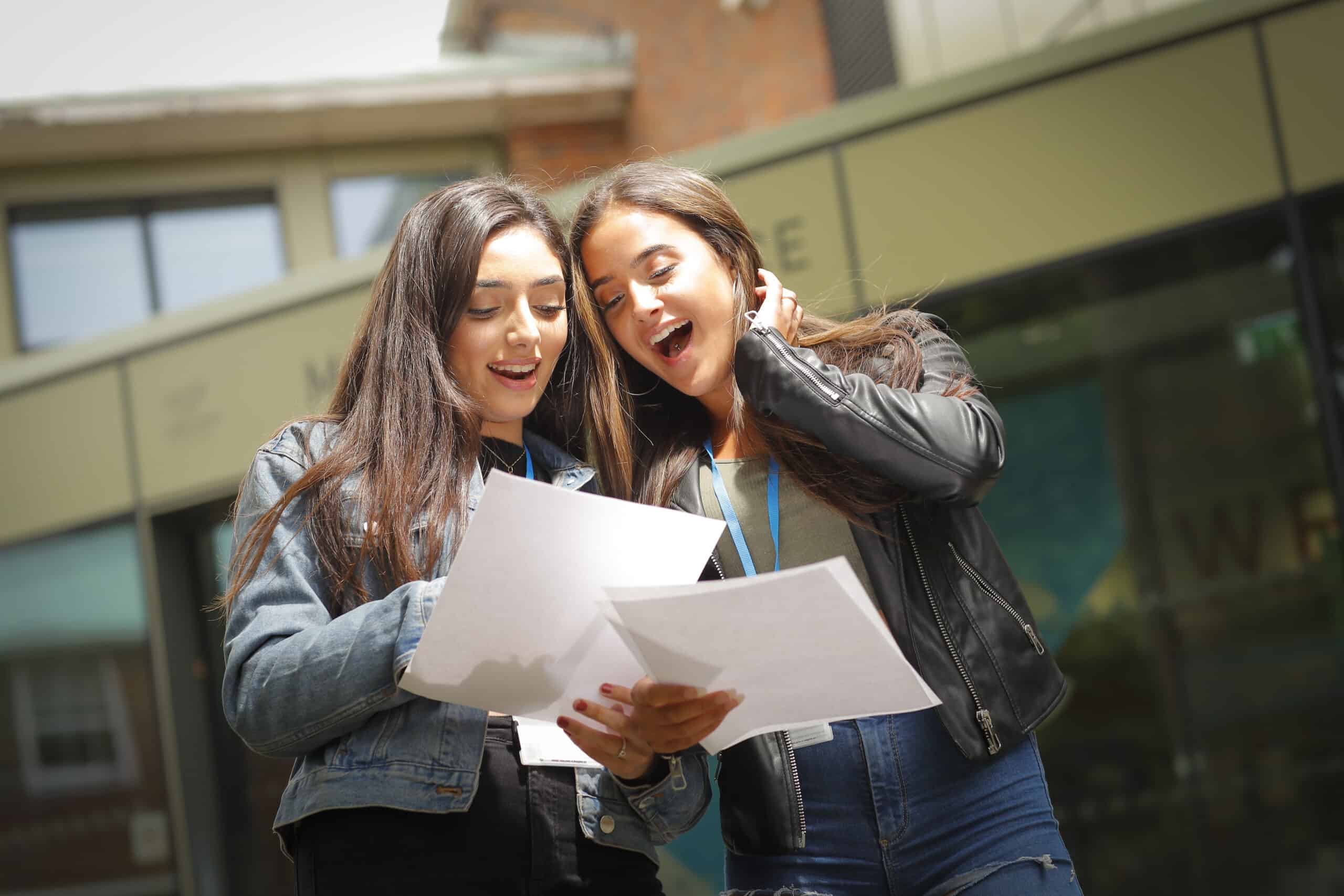GCSE Maths
Overview
The GCSE Maths course runs from September to early June. We offer GCSE Maths at either St Albans or Welwyn Garden City. We offer classes in the morning or in the evening. You can choose which campus and which time is best for you.
The course covers topic areas of:
Number – Fractions, Percentages, Ratio, etc
Algebra – Equations, Graphs, Sequences, Formulae
Shape – Angles, Area and Perimeter, Circles, Pythagoras, Trigonometry
Data Handling – Averages, Charts, Probability
Course Content - What will I learn?
The new GCSE Maths syllabus has a focus on problem solving and mathematical thinking.
You will learn particular mathematical techniques. However, the greater emphasis in the examinations is on applying mathematics and using mathematics to solve problems. Some questions will be set in contexts that students should be expected to deal with in the real world. Students might be asked to answer questions on, for instance, decorating a room or designing a garden, or perhaps paying bills or sorting out rotas for shop staff.
GCSE Maths is a key qualification required for many degree programmes and employment.

Am I right for the course?
This is an intensive, high speed course. It covers all the topics for the GCSE in just ONE year. It is therefore necessary that you already know some basic mathematics before you join the course.
You will be invited to an interview which is in two parts. First you will need to do an initital assessment test. After this we will discuss with you what options are best for you. Some people choose to do a pre-GCSE course, but if you do well on the test then you can start immediately on the one year course.
Please prepare for the assessment test. The BBC Skillswise web site is very helpful. Please note that you are not allowed to use a calculator during the test.
For GCSE Maths you will come to college once a week for an intensive 2.5 hour lesson. In addition you will need to spend approximately 5 hours per week reviewing what we have done in class and doing your homework.
We will give you an online assessment and interview to help decide which course is right for you. If youre not at GCSE level yet you can study Functional Skills, which are nationally recognised qualifications and can be a stepping stone to GCSEs.
The GCSE will be entirely assessed by written examinations, which means no coursework will be expected from students.
There are three exams in the early summer, typically late May and early June. Each exam lasts 90 minutes. For the first exam you will not be allowed to use a calculator. You will need a good quality calculator for the second and third exams. For example a Casio fx-83, or Casio fx-85, or similar.
During the course we will set tests to give you an idea of how you are progressing and which topics you need to focus on. These tests do not count towards your final grade. You final grade is dependent solely on the three exams.
All our GCSE Maths teachers are specialists in the subject. Within the team we have over 50 years experience in teaching GCSE Maths.
What Next?
A pass in GCSE Mathematics (along with GSCE English) is often vital for entrace to training and is required for many jobs.
Ready to take the next step?
Reaching your career goals is just a click away.

Fees
16-18 years old, no tuition fees apply to Full Time courses and fees subject to confirmation. Additional costs applicable to BHS courses.
For all two year courses fees shown above are per year.
Aged 19+ and planning to take a level 3 or above a different fee may apply. You may be eligible for an Advanced Learning Loan.
All HE courses (full and part time) are subject to tuition fees.
In need of more advice?
Contact our Admissions team to find out more about student fees and how they might apply to you.
Other courses you may be interested in
Experience what the future
has to offer at Oaklands College
Studying at Oaklands is about finding out what you enjoy learning, with a huge range of courses including A Levels, BTECs and Apprenticeships our students are given the opportunity to make their own academic choices, and thrive in a subject they enjoy.

